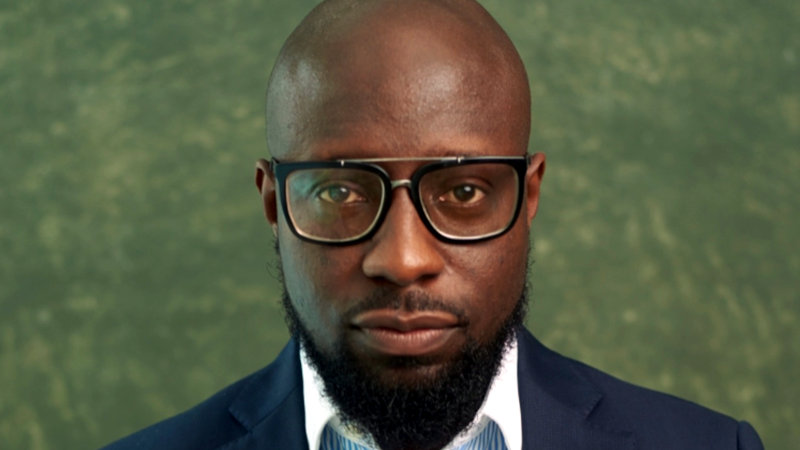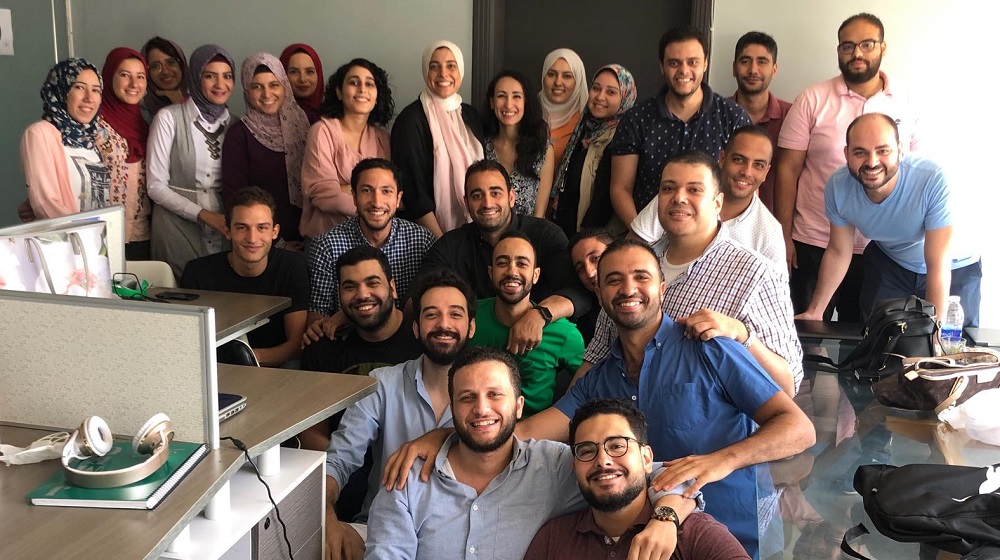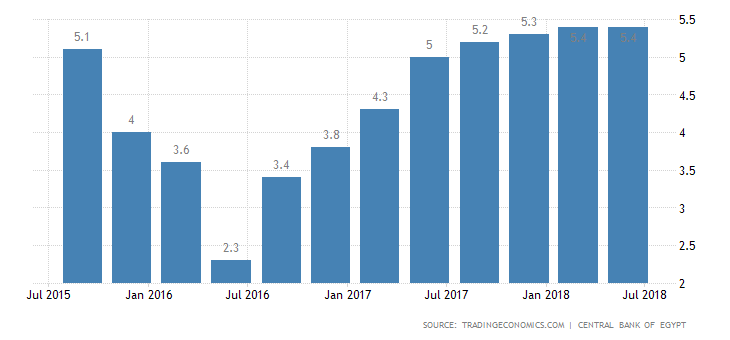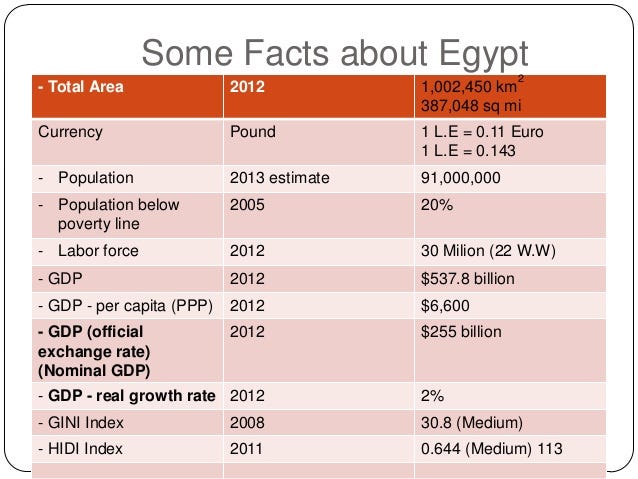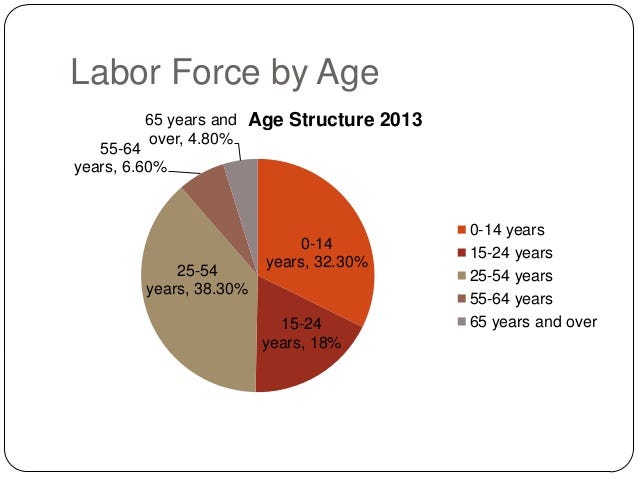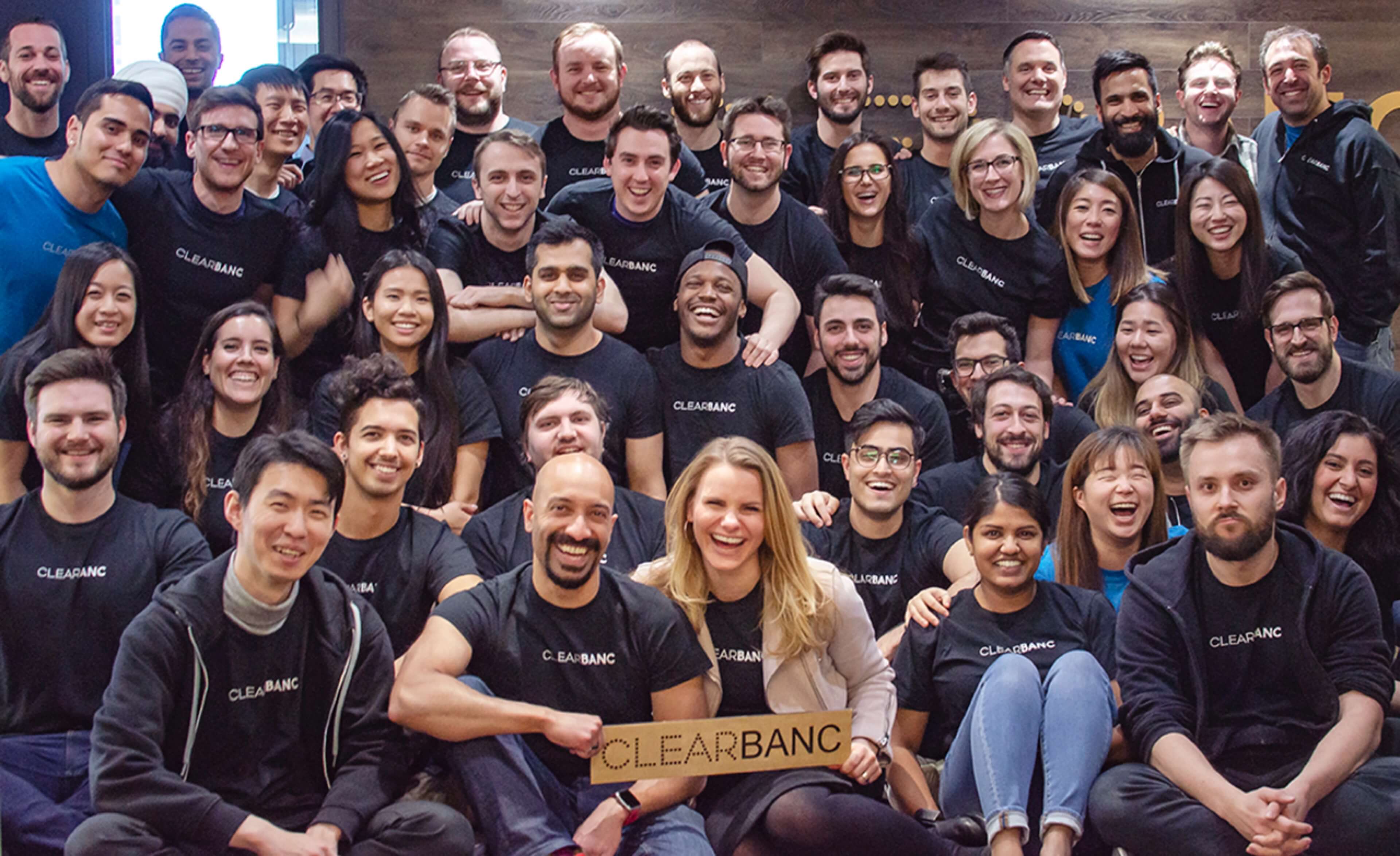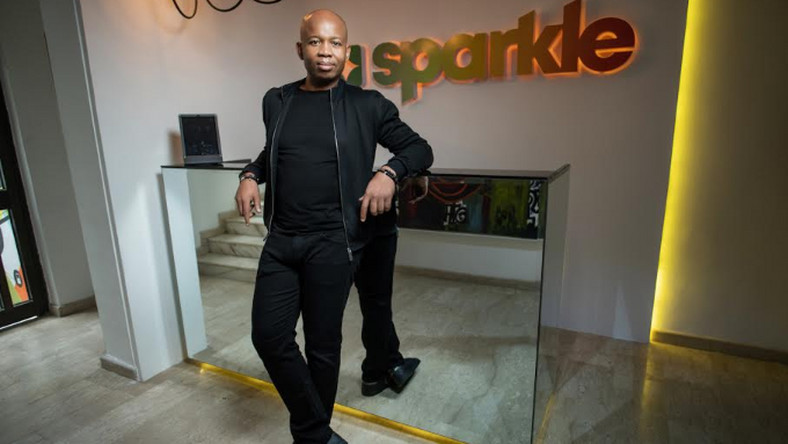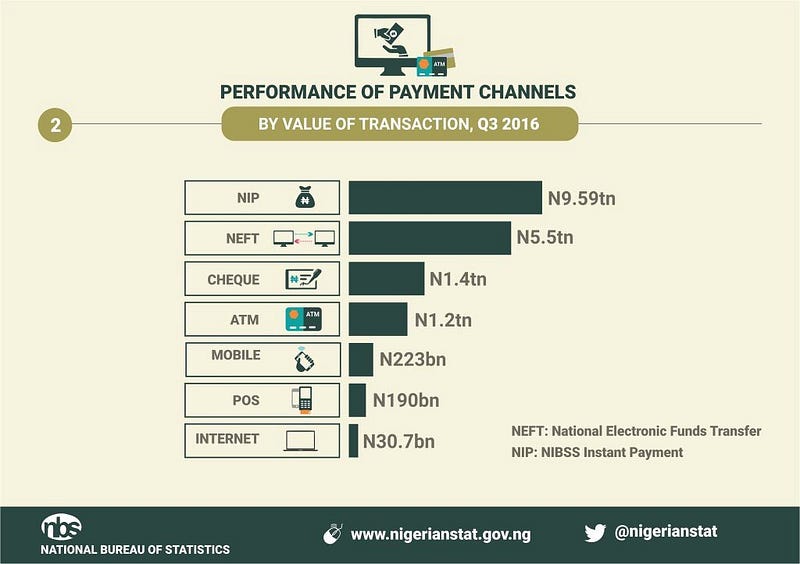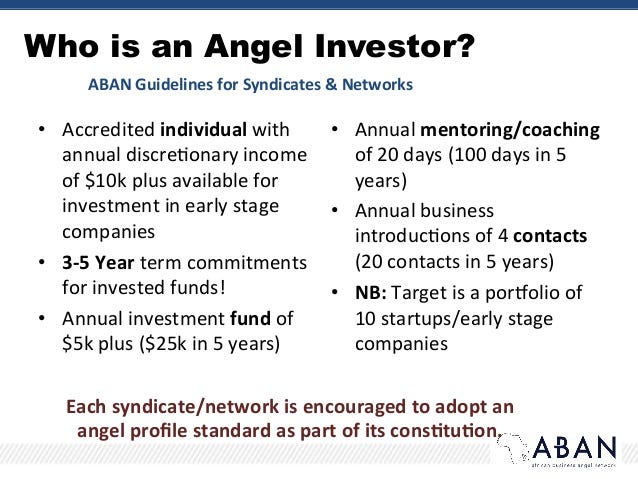Why Exit by IPO Is Healthier For Startup Ecosystems
When Egyptian financial technology (fintech) company Fawry went public on 8 August, it was a fantastic moment for the tech ecosystem, not just for Egypt, but the Arab world, and Sub-Saharan Africa as a whole.
Preferring IPO to Private Placement
The technology startup sector has, over the past few years focused too much on fundraising with an aim to exit via acquisitions to companies abroad. This has become the ultimate sign of success for startups, but while it has been the dominant way investors make money and entrepreneurs and their employees realise financial value, it leaves the regional ecosystem wanting.

When I was raising funding for Aramex back in 1996, we were trying to do a private placement which did not get much appeal in the region. People questioned whether Aramex could survive in the face of formidable competition from the giants of the industry even at a mere valuation of $30 million, so we decided to take the company public.
“Great idea, but where do we do that?” I told my partner Bill Kingson. Certainly not on any of the regional exchanges! Why? Because of all sorts of restrictions, from foreign investor restrictions, to small illiquid exchanges, to a restricted process of fund raising and book building, and interference by the regulator in company valuations rather than the market/investors.
“Oh well, let us then go to Nasdaq!”
We listed on Nasdaq in New York and stayed listed on it for five years, then we took the company private in 2002 and listed it again on the Dubai Financial Market (DFM) in 2005. Eleven years later, Aramex continues to be a public company in Dubai, 37 years after its founding.

Why IPO, And Not Acquisition?
While acquisitions can provide a boost for the ecosystem and can bring global investors to the region, initial public offerings (IPO) allow for a deepening of the ecosystem and gives more options to regional startups.
So why is it that companies that could IPO in the region do not even have it in their thinking to go public and why would a company like Jumia, which has its corporate office in Dubai lists in New York rather than on one of the Middle East regional exchanges?
Laying Foundation For Many More Startup IPO
There are several challenges currently in place and the following will need to change if we are to see more companies going public:
- Foreign ownership laws: a lot of companies have registered themselves outside of the region to allow for foreign ownership, like the Cayman Islands or the British Virgin Islands. Why is that? The writing is on the wall, a lot of these investors are here, but they invest in entities that are offshore that allow for anyone to be an investor.
- Track record of profitability: most of these exchanges require three years’ of profitability before they allow a company to IPO. This is not a restriction visible in most developed markets, Uber went public despite stating it may never make a profit. Investors should be given a choice of whether they invest or not, rather than have the regulator decide what will be a good investment.
- Engage these scale-ups: engage the hundreds of companies that are scaling up in the region, talk to their investors, their founders and see what the regional exchanges need to do to get them to list in the region. Changing these laws and regulations will not hurt anyone, they have been tried and tested in the most developed exchanges in the world. Learn from them and make it happen here.
- This will be a win-win for everyone. Someone needs to take the first step. Watch Fawry and learn from their experience.
Listing more companies creates deeper liquidity for our exchanges, which they all need. It is also the best way to democratise and to trickle down the benefits of companies like Aramex and Fawry, making liquidity available on the public market — where most of the region’s investors are based.
The bigger the exchange, the more funds there are, the greater the possibility to get investors and give their listed companies their fair value.

How Startups That Went Through The IPO Route Have Fared
Fawry managed to do very well in Egypt, it listed on the Egyptian Exchange at a share price of EGP6.46. After the first day of trading, its share price soared by 31 per cent to EGP8.48, valuing the company at $366 million. It seems regional exchanges can and will give you the valuation that you want.
IPOs give companies the ability to stay independent, keep the brand that they have worked so hard to build, generate liquidity and exits for their investors, create a liquidity option for their founders and employees while giving the general investor public a chance to participate in the success of these companies. It also encourages and widens the base for regional and even global institutional investors to invest in the region and generate healthy foreign direct investments (FDI).

This is exactly what happened with Aramex since it went public on the DFM. Employees enjoyed their stock options, founders were able to find their exits, regional investors had huge appetite for the share, and global investors waited in line to gain access to the share. The company stayed independent, continues to thrive, and retained its talented people and created a great platform to access funding from various financial institutions in the region.
Having the region’s tech and non-tech scale-ups IPO, means the stock exchanges become less dependent on traditional businesses like real estate, banks and insurance companies and can attain the diversity that reflects the new businesses of the 21st century, generating new wealth for a new generation that is currently building the businesses of the future.
Fadi Ghandour is the chairman of Wamda and founder of Aramex, one of the leading logistics and transportation companies in the Middle East and South Asia.
Charles Rapulu Udoh

Charles Rapulu Udoh is a Lagos-based Lawyer with special focus on Business Law, Intellectual Property Rights, Entertainment and Technology Law. He is also an award-winning writer. Working for notable organizations so far has exposed him to some of industry best practices in business, finance strategies, law, dispute resolution, and data analytics both in Nigeria and across the world.


